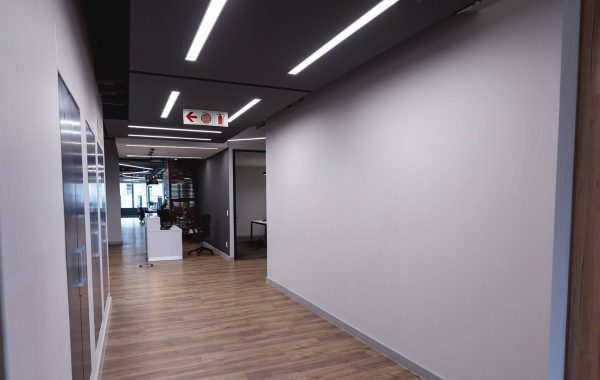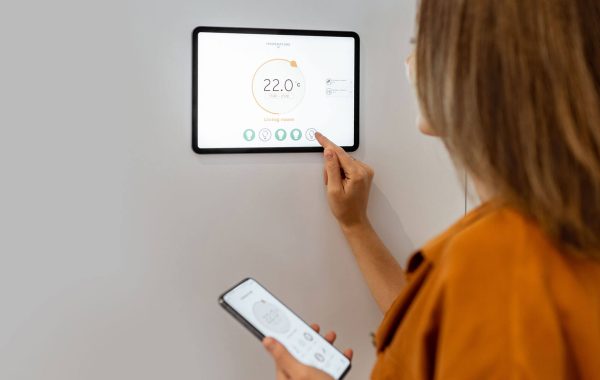
What Are Normal Indoor Humidity Levels?
Whether you live in Florida or California, we should all shoot to maintain normal indoor humidity levels.
But what exactly is considered “normal” indoor humidity levels and why is it important?
Let’s break it down.
What is a normal indoor humidity level?
A normal (or ideal) indoor humidity level would be somewhere between 30% and 50%.
A 30% humidity level means that the air is holding 30% of the total amount of moisture it can contain.
There are certain factors that can increase or decrease your humidity, including the outdoor environment and your air conditioning equipment. It’s also important to remember that humidity is crucial, and with too little of it, you can experience just as many issues as you would with too much of it. In other words, the goal is not to shoot for 0% humidity.
Let’s go ahead and dissect this a little further by discussing symptoms of low or high indoor humidity levels.
Symptoms of high humidity in home or office environments
- You’ll feel warmer! (And maybe even a little sticky!)
- You may create a comfortable environment for fungus, dust mites, mildew, mold, and bugs — which could make you sick and negatively affect people with asthma, allergies, or sinusitis
- Too much humidity can also negatively affect wood, which can cause wood to rot and furniture to warp.
Symptoms of low humidity in home or office environments
- Similar to symptoms of too much humidity, too low humidity can negatively affect people with asthma and other breathing-related issues (since the air is too dry).
- Air that is too dry can lead to chapped lips, sore throats, and dry, itchy skin.
- Humidity that’s too low can also cause wood to warp or crack. This is because there is no moisture in the air and the wood literally shrinks.
What to do if the humidity is too high or too low
If you start to notice any of the above symptoms, make sure you take the proper steps to test your humidity levels. You don’t want your family or employees struggling to breath or suffering from sinus-related issues due to a problem that is relatively easy to address.
While there are tools you can use to test the humidity levels of your home or office, it’s best to contact a professional. This way, they can give you accurate guidance on your humidity levels, and you can avoid wasting money on solutions that don’t address the actual issue.
This being said, if the humidity is too high, you may need to replace your air conditioner. This is usually only necessary if the unit or parts are too old and can not effectively remove the humidity from the air.
If this is not an option for you right now, a dehumidifier may temporarily help resolve the issue. There are many different options and sizes available (all of which address different needs), so it’s best to speak to a professional to find out what works best for you.
On the other hand, if the humidity is too low, you can seek out a humidifier. If the issue is just with one area of the house or one office in a commercial space, a portable humidifier may solve the issue quickly. However, these do require some regular upkeep to continue working, and they will be severely limited in reach.
If you do require a larger, more professional humidifier, it’s important to speak with a professional who can give you guidance on selection, installation, and maintenance.
Ready to keep learning? Check out these resources:
- How often should you change your air filter?
- 4 reasons you should work with an HVAC company
- How to fix a leaky air conditioner
- How to improve indoor air quality




